
On October 17-18, 2024, the workshop titled“Multi-scale Climate-Air-Water Nexus for Sustainable Health, Food and Energy”was held jointly by World Climate Research Program (WCRP) Coordinated Regional Climate Downscaling Experiment (CORDEX), Monsoon Asia Integrated Research for Sustainability (MAIRS) and Future Earth (FE) at College of Environmental Sciences and Engineering (CESE), Peking University(PKU). This joint workshop aims to promote interdisciplinary communication and cooperation in Asia. The workshop was jointly hosted by the CESE-PKU, Professional Committee of Environmental Sustainability Science & Innovation, Chinese Society for Environmental Sciences (CSES-Envision), and MAIRS-FE International Project Office (IPO.) It is also supported by the International Cooperative Scientific Program for Sustainable Development's key project.
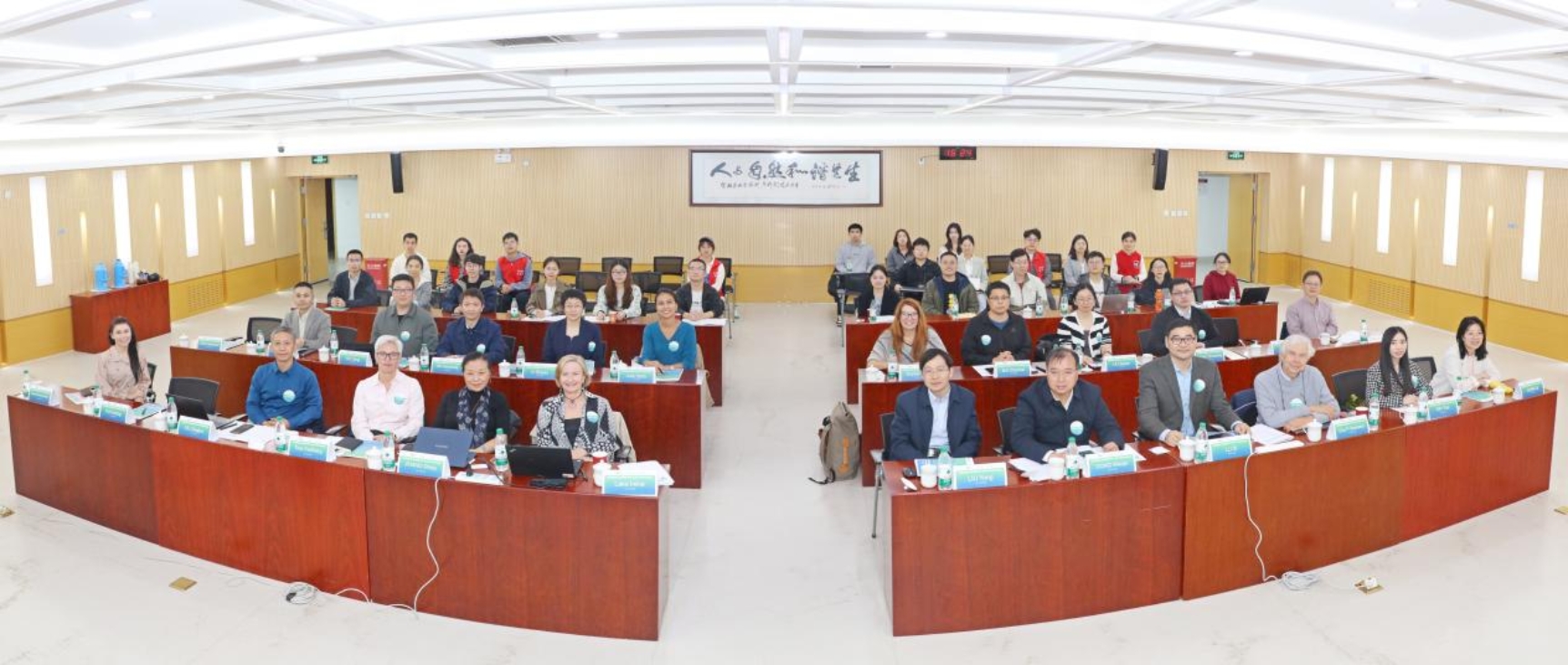
Nearly 50 scientists and representatives from 20 universities and international research institutes across the world participated in the workshop.
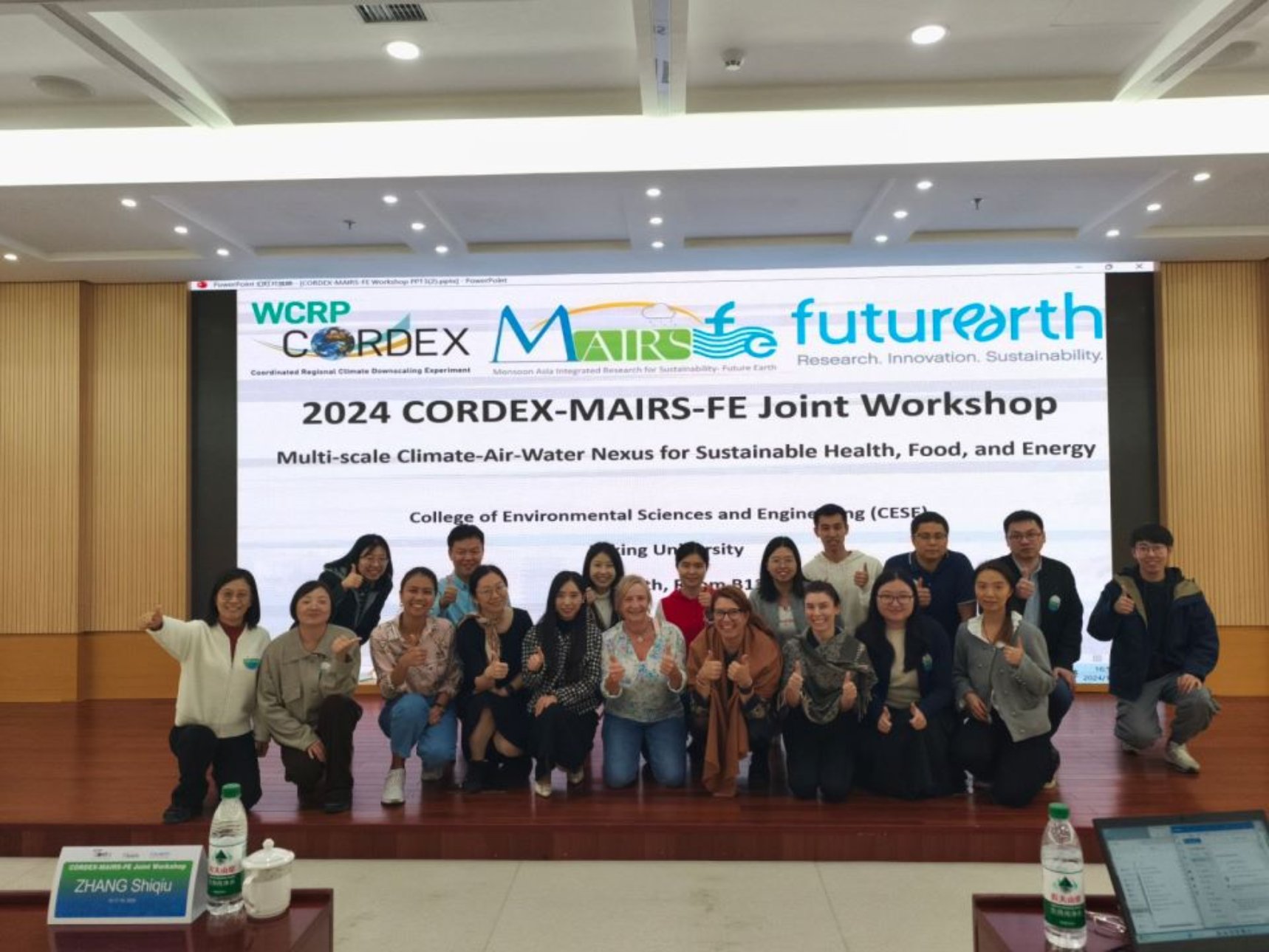
At the opening ceremony, Prof. Tong Zhu, Co-Chair of the MAIRS-FE Science Steering Committee and academician of CESE-PKU, pointed out the common challenges faced by the Monsoon Asia region and the importance of strengthening cooperation. Prof. Yong Liu, dean of the CESE-PKU, expressed welcome and thanks to the participants and emphasized the importance of using downscaling data to address climate-air-water linkages. Prof. Wenjie Dong, dean of School of Atmospheric Sciences at Sun Yat-Sen University and director of Future Earth Global Secretary Hub (China), introduced the mission and vision of Future Earth. Dr. Iréne Lake, director of CORDEX International Project Office, introduced the objectives of this workshop and the technical support that CORDEX can provide as a platform for coordination and cooperation. Dr. Yue Qin, director of the MAIRS-FE IPO and tenure-track associate professor of CESE-PKU, introduced the development process of MAIRS-FE, and summarized the positive progress made by MAIRS-FE in interdisciplinary research programs, academic exchange activities, and science communication in 2023-2024.
Three sessions were chaired by Prof. Shiqiu Zhang, Prof. Feng Zhou, and Prof. Yue Qin from Peking University. Keynote presentations were delivered by renowned experts, including Prof. Guy P. Brasseur from the Max Planck Institute for Meteorology (MPIM), Prof. Xi Lu from the Institute for Carbon Neutrality at Tsinghua University, Dr. Shaukat Ali from CORDEX, Prof. Xuejun Liu from China Agricultural University, Prof. Beibei Liu from the School of Environment at Nanjing University, as well as Prof. Lingling Hou, Prof. Tao Xue, Prof. Xuhui Wang, and Prof. Yue Qin from Peking University. Additional keynote speakers included Prof. Zhaohai Bai from the Center for Agricultural Research at IGDB, Chinese Academy of Sciences, Dr. Meng Ai from the Energy Foundation, Dr. Wei Wan from Clean Air Asia, and Low Chien-Tat, Geospatial Risk Lead at CWR, who shared their latest research progress, scientific findings, and science-to-policy experiences.
The workshop was attended by distinguished participants such as Prof. Deliang Chen, Academician of the Royal Swedish Academy of Sciences and professor at Tsinghua University, Tina Karlberg, Science and Technology Innovation Counselor of the Swedish Embassy in Beijing, Prof. Michelle Simoes Reboita from the Federal University of Itajubá, Brazil, climate scientist Julie Dado from the CORDEX Manila Observatory, Prof. Kun Yang from Tsinghua University, Associate Prof. Chaopeng Hong from Tsinghua Shenzhen International Graduate School, Researcher Tinghai Ou from the University of Gothenburg, and professors Qi Chen, Hancheng Dai, Yang Ou, and Chuan Zhang from Peking University. Also in attendance were Prof. Furong Yu from North China University of Water Resources and Electric Power, Prof. Lei Yu from Zhengzhou University, Assistant President Shiyao Li from 3Clear Technology Co., Ltd., Research Associate Shaoyuan Chen from the Environmental Planning Institute, and researchers from the Atmospheric Research Institute.
There were also break-out session discussions on how climate downscaling data to support energy security, air quality and human health, food security, water security, and how CORDEX regional climate data can drive policy and action.
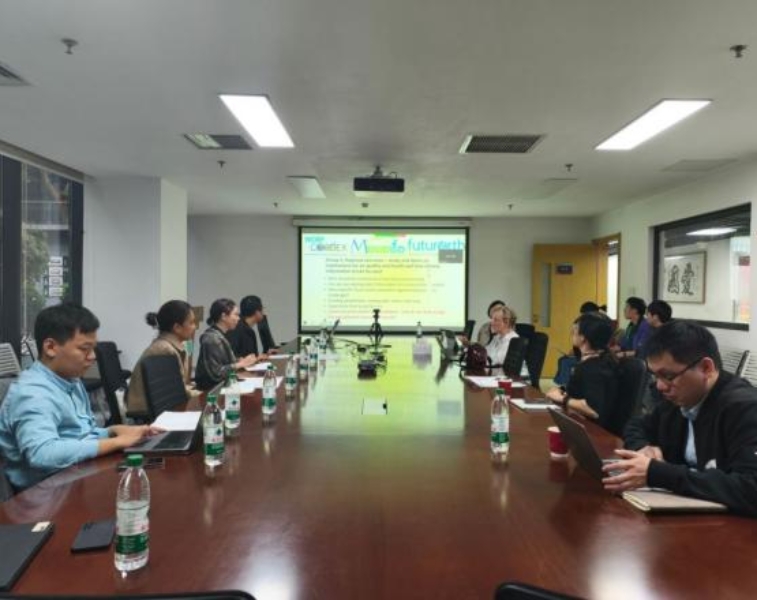
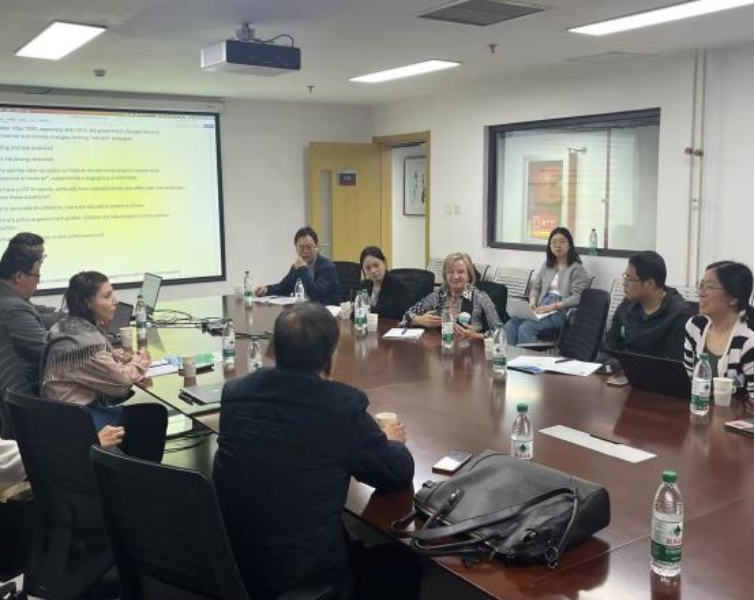
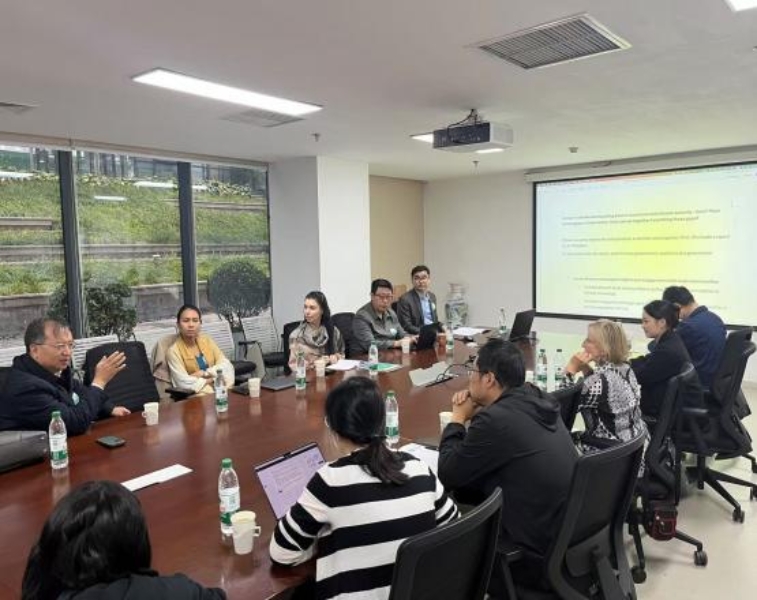
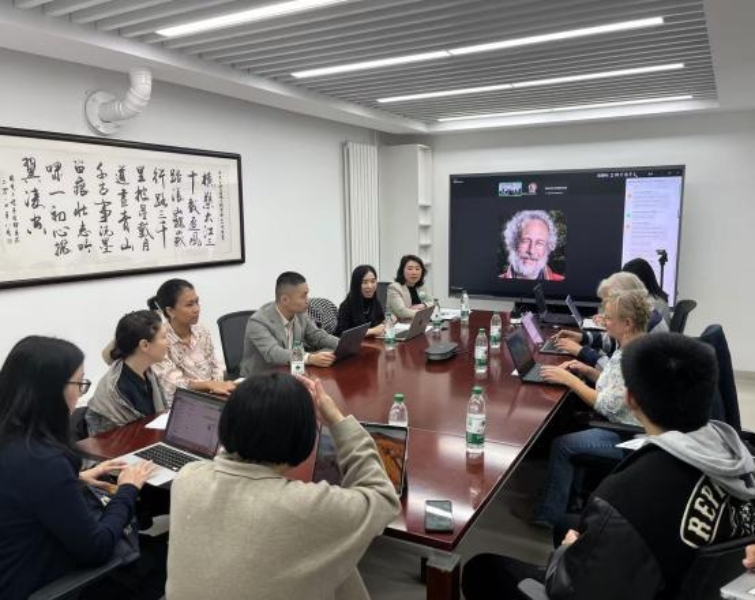
The workshop not only discussed the current projects and outcomes of CORDED-MAIRS-FE, but also highlighted the importance of interdisciplinary cooperation to address complex issues. In addition, consensus was reached on pilot projects for the next phase, with a particular focus on strengthening and expanding cooperation between key organizers and participants. This collaboration aims to provide fresh impetus and clear direction for future research and collaboration endeavors.